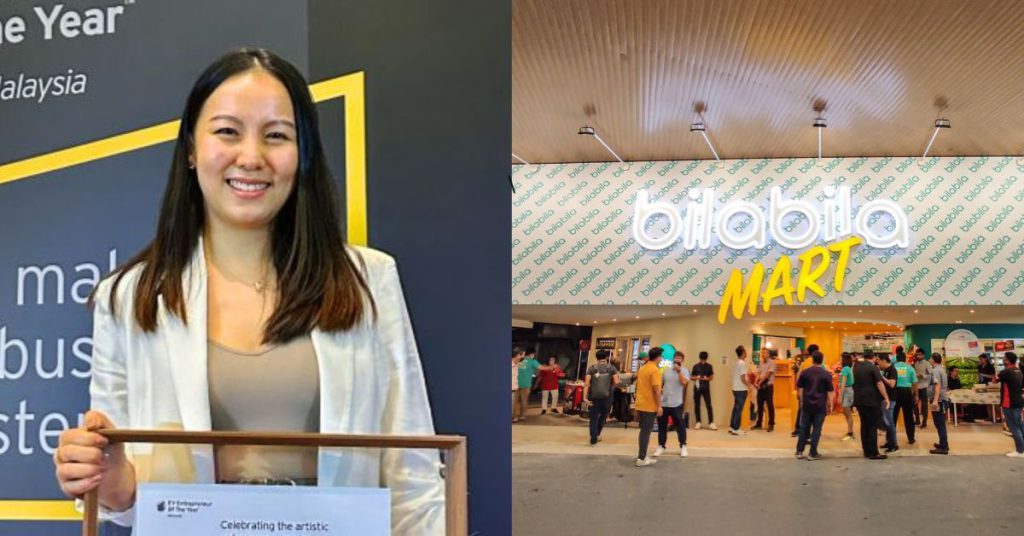The business landscape is a lot like Malaysian weather: unpredictable and ever-changing. Economic downturns, shifting consumer preferences, and surprise pandemics—these are just a few of the storms businesses can face.
But unlike the unpredictable weather, success in business isn’t about waiting for the sunshine. It’s about having the foresight and flexibility to adapt when the skies turn grey.
This isn’t just some theoretical advice. Two Malaysian companies, BilaBila Mart and ZUS Coffee, are living testaments to the power of adaptation.
Both faced challenges during the pandemic, but by embracing change and staying agile, they not only survived but thrived.
Listening and pivoting is the key
BilaBila Mart, a familiar name among Malaysians, found itself in a tough spot when the COVID-19 pandemic hit. That was because BilaBila Mart opened two days before the national lockdown was announced.
Co-founder Lee Hui Jing recalled, “Since we were located in shopping malls, people thought we were doing well during the pandemic, but the reality was different. We had to pivot to survive.”
Recognising the growing demand for holistic products, Hui Jing decided to leverage social media platforms like Instagram to establish a direct connection with customers.
“Using Instagram’s tools, we managed to engage with our customers directly, which was crucial for our survival,” she said at the Alliance Bank BizSmart Business Conference. This direct engagement allowed BilaBila Mart to listen and respond to customer needs quickly.

That’s how they noticed a shift in consumer needs. People stuck at home were looking for everyday essentials like vegetables and fruits.
“For three months, we sold essential items like face masks and sanitisers. But customers also started asking for fresh produce, which led us to expand our offerings,” said Hui Jing.
This simple yet crucial adaptation allowed them to not only survive the pandemic but also cater to a new customer base.
They effectively transformed themselves into a mini-grocer, providing a convenient option for people who were hesitant to visit larger supermarkets.
Hui Jing emphasised the importance of being attentive to customer feedback. “Listening to our customers and adapting quickly to their needs allowed us to stay relevant and meet their demands during a critical time,” she said.
The power of ecommerce and strategic planning
ZUS Coffee’s journey began in late 2019, just before the pandemic hit.
The company’s initial focus was on establishing a strong online presence. “We had our app ready before our stores opened,” shared ZUS Coffee COO Venon Tian during his talk at the conference.

This early investment in ecommerce proved to be a game-changer during the Movement Control Order (MCO).
While many businesses struggled to go online during the pandemic, ZUS Coffee’s pre-existing app allowed them to continue serving customers seamlessly.
“We saw our business as an ecommerce platform that sells coffee. This perspective helped us scale quickly,” explained Venon. The app facilitated customer acquisition and engagement, driving sales even when physical stores faced restrictions.
ZUS Coffee also experimented with different store formats to better serve their communities. “Our first store was under an office building, and our second was in Atria Shopping Gallery, which is surrounded by residential areas,” he shared.
By strategically selecting locations and formats, ZUS Coffee was able to cater to diverse customer bases and grow its presence.
The company’s approach to app development was inspired by international brands that had successfully integrated technology into their business models.

“Our CEO and partner had experience in tech startups, which gave us an edge in developing our app,” noted Venon. This tech-savvy approach allowed ZUS Coffee to build a robust digital infrastructure that supported its physical stores.
Venon highlighted the importance of foresight and planning. “Having our app ready before the pandemic hit gave us a significant advantage. We were able to maintain our operations and continue serving our customers without major disruptions,” he added.
This proactive strategy ensured that ZUS Coffee remained resilient and competitive during challenging times.
-//-
Companies that embrace change and remain agile in their strategies are better equipped to navigate challenging times.
BilaBila Mart and ZUS Coffee’s experiences highlight the importance of adaptability, customer focus, and strategic planning in achieving long-term success.
By learning from these examples, other businesses can also find ways to thrive amidst uncertainty and change in the future.
- Learn more about the Alliance Bank BizSmart Business Conference here.
- Read other articles we’ve written about Malaysian startups here.
Featured Image Credit: Alliance Bank

